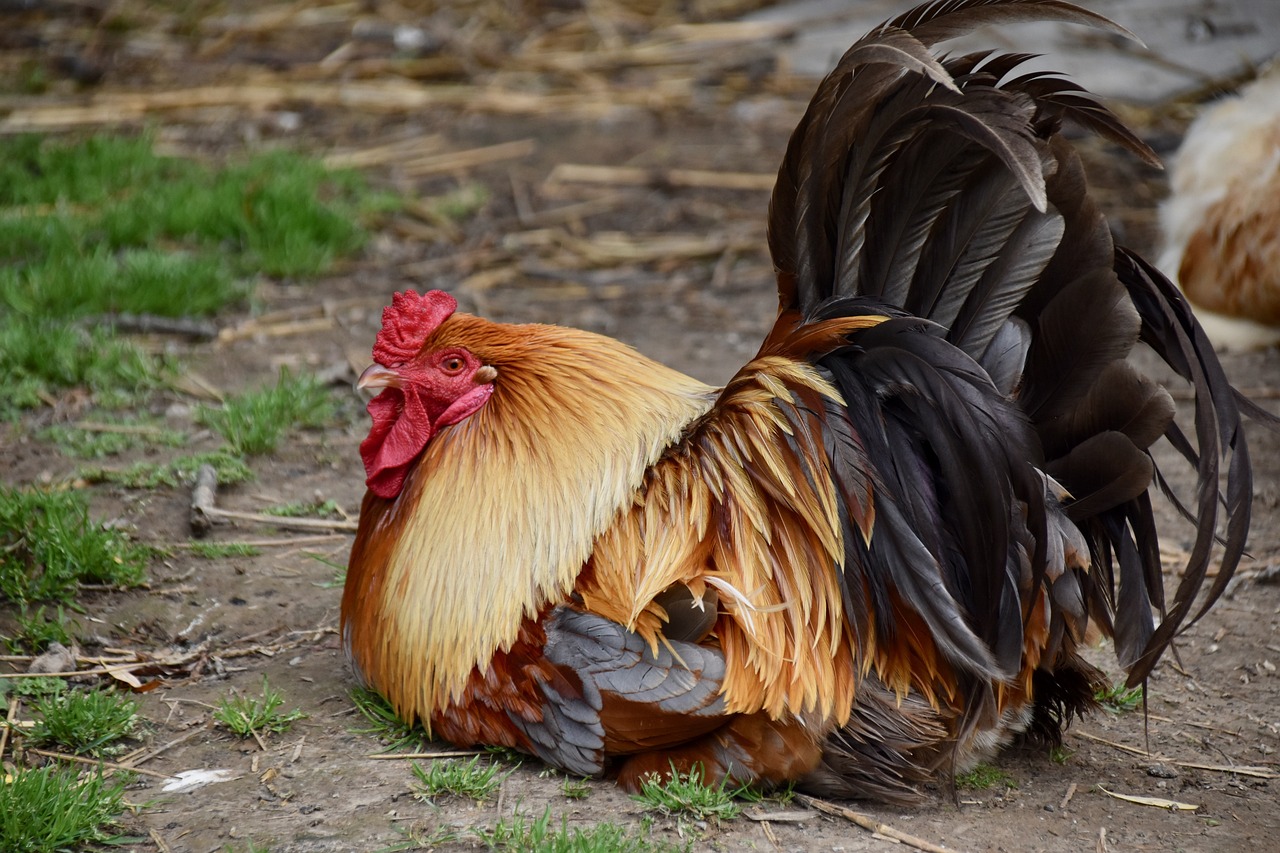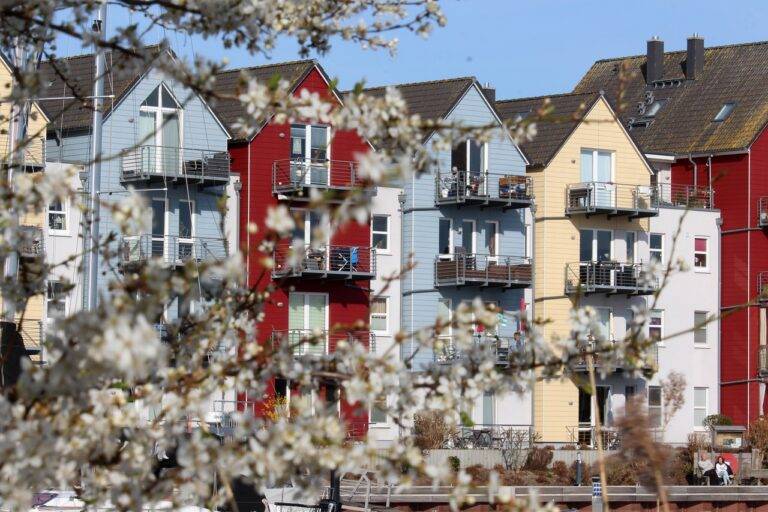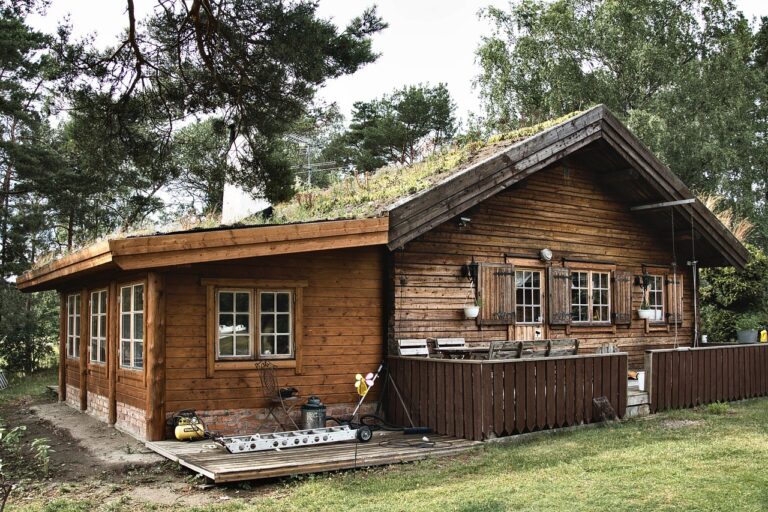The Benefits of Home Composting: Turning Waste into Nutrient-Rich Soil
Composting is a natural process that transforms organic waste into nutrient-rich soil, also known as compost. Home composting is a simple and effective way to reduce waste, improve soil health, and help the environment. In this article, we will explore the numerous benefits of home composting and how you can get started in turning your household waste into valuable resources for your garden.
Reduces Waste
One of the significant benefits of home composting is that it helps reduce the amount of waste that ends up in landfills. Organic waste, such as food scraps, yard trimmings, and paper products, makes up a considerable portion of household waste that can be composted instead of being thrown away. By composting at home, you can divert these materials from the landfill and reduce your environmental impact.
Improves Soil Health
Compost is a valuable source of nutrients for plants, providing essential elements like nitrogen, phosphorus, and potassium. When added to soil, compost helps improve soil structure, increase water retention, and enhance nutrient availability for plants. This leads to healthier plants, improved crop yields, and better overall garden health. By composting at home, you can create your own nutrient-rich soil amendment to support your garden and reduce the need for chemical fertilizers.
Reduces Greenhouse Gas Emissions
Organic waste that ends up in landfills generates methane, a potent greenhouse gas that contributes to climate change. By composting organic waste at home, you can prevent these emissions from occurring and help reduce your carbon footprint. Composting also helps sequester carbon in the soil, further mitigating the effects of climate change.
Promotes Biodiversity
Composting at home creates a diverse environment for beneficial microorganisms, earthworms, and other organisms that play essential roles in soil health and nutrient cycling. These organisms break down organic matter into compost, enriching the soil with valuable nutrients and creating a habitat for beneficial insects and wildlife. By promoting biodiversity in your garden through composting, you can support a healthy ecosystem and improve overall garden resilience.
Saves Money
Home composting can save you money by reducing the need for store-bought fertilizers and soil amendments. By producing your own compost, you can improve soil fertility, boost plant growth, and reduce the cost of maintaining your garden. Additionally, composting reduces the amount of waste you send to the landfill, potentially saving you money on waste disposal fees. Overall, home composting is a cost-effective way to support your garden and reduce your environmental impact.
How to Get Started with Home Composting
If you’re interested in home composting, here are some simple steps to get started:
- Choose a composting method that fits your space and needs, such as a compost bin, pile, or tumbler.
- Collect organic materials for composting, including kitchen scraps, yard waste, and cardboard.
- Layer organic materials in your composting system, alternating between green (nitrogen-rich) and brown (carbon-rich) materials.
- Keep your compost moist and aerated by turning it regularly and adding water as needed.
- Monitor the temperature and moisture levels of your compost to ensure proper decomposition.
- After several months, your compost will be ready to use in your garden as a soil amendment or mulch.
FAQs
What can I compost at home?
You can compost a variety of organic materials at home, including fruit and vegetable scraps, coffee grounds, eggshells, yard trimmings, leaves, and shredded paper. Avoid composting meat, dairy, and oil products, as they can attract pests and slow down the composting process.
How long does it take to make compost at home?
The time it takes to make compost at home can vary depending on factors such as temperature, moisture levels, and the types of materials you’re composting. In general, compost can take a few months to a year to fully mature and be ready to use in your garden.
Can I compost in an apartment or small space?
Yes, you can compost in an apartment or small space using a small compost bin or vermicomposting system. These compact composting methods are suitable for urban dwellers and those with limited outdoor space. By following proper composting techniques, you can still produce nutrient-rich compost for your indoor plants or small garden.
Conclusion
Home composting is a sustainable practice that offers numerous benefits for you, your garden, and the environment. By turning organic waste into nutrient-rich soil through composting, you can reduce waste, improve soil health, and support a healthier ecosystem. Whether you’re a seasoned gardener or new to composting, consider giving home composting a try and experience the many advantages it has to offer.







